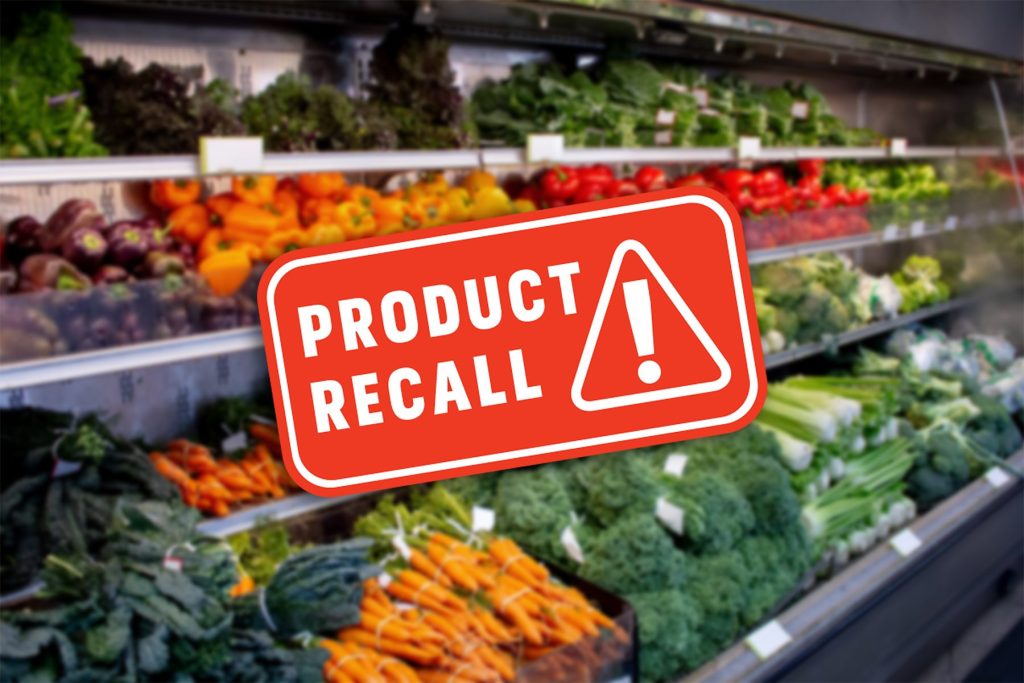In recent times, food recalls have become a significant focus in the consumer landscape, highlighting potential risks in everyday products. With items like baby food pouches facing recalls due to lead contamination, and canned goods leading to widespread concern, it’s clear that food safety is taking center stage as reported by Google Trends. These incidents underscore the growing importance of transparency and accountability from producers, as consumers demand higher standards and more information about their purchases.
The current wave of recalls, including ready-to-eat meat pies from Australia and marinara sauces affecting millions, points to a broader issue in global food systems. This trend not only emphasizes the need for rigorous safety checks but also sparks a conversation about the integrity of import and export practices. As these challenges persist, there’s an opportunity for innovation in traceability technology, potentially reshaping how we view food safety and supply chain management.
Looking forward, the focus on food recalls may drive a shift towards more localized, sustainable sourcing as consumers seek to minimize risk. This could inspire a resurgence in community-supported agriculture and farm-to-table movements, redefining how we connect with our food sources. Will the momentum of these recalls lead to a more robust and transparent food industry, or will it heighten consumer skepticism, prompting a reevaluation of trust in global supply chains? The answer may shape the future of food consumption as we know it.


